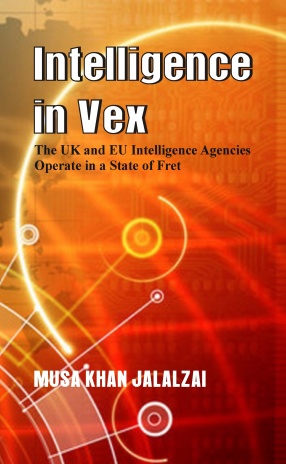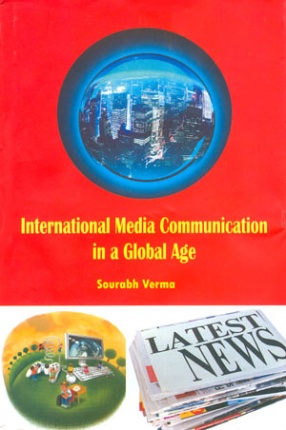Intelligence in Vex: The UK and EU Intelligence Agencies Operate in a State of Fret
Most discussions on electronic media and intellectual forums about the effects of globalization on national security focus on violent threats. Notwithstanding the plethora of books, journals and research papers on national and international security, there is an iota research work on issue of interconnectedness. The interconnectedness of violent threats and their mounting effect pose grave dangers to the aptitude of a state to professionally secure its territorial integrity. Technological evolution and aggrandized interlinkage of our world in general, and specifically information technology, has affected people and society in different ways. Daily life of every man and woman has become influenced by these challenges. The twenty first century appeared with different class of National Security threats. After the first decade, world leaders, research scholars, journalists, politicians, and security experts grasped that the world has become the most dangerous place. The avoidance of war was the primary objective of superpowers, but with the end of the Cold War, emergence of Takfiri Jihadism, extremism, and terrorism prompted many unmatched challenges. Home-grown extremism and radicalization continues to expose a significant threat to the National Security of the EU and Britain. The risks from state-based threats have both grown and diversified. The unmethodical and impulsive use of a military-grade nerve agent on British soil is the worse unlawful act of bioterrorists.
Get it now and save 10%
BECOME A MEMBER
-

Afghanistan, Central Asia, Pakistan and the United States
-

Dying to Kill us: Suicide Bombers, Martyr Operation and Terrorism in Pakistan
-

Afghan National Army: State Security, Nuclear Neighbors and Internal Security Threats
-

Silent Killer: Drug Trafficking in Pakistan, Afghanistan and Central Asia







Bibliographic information